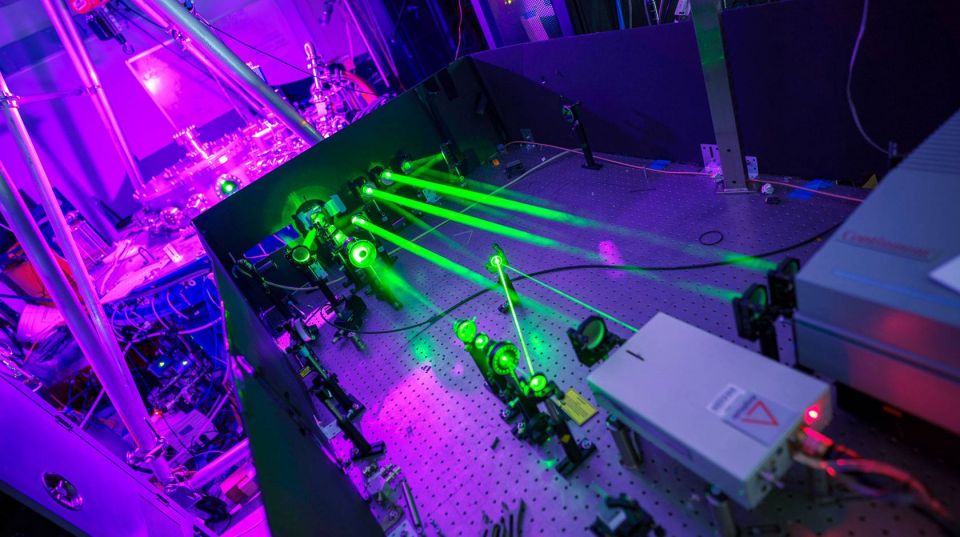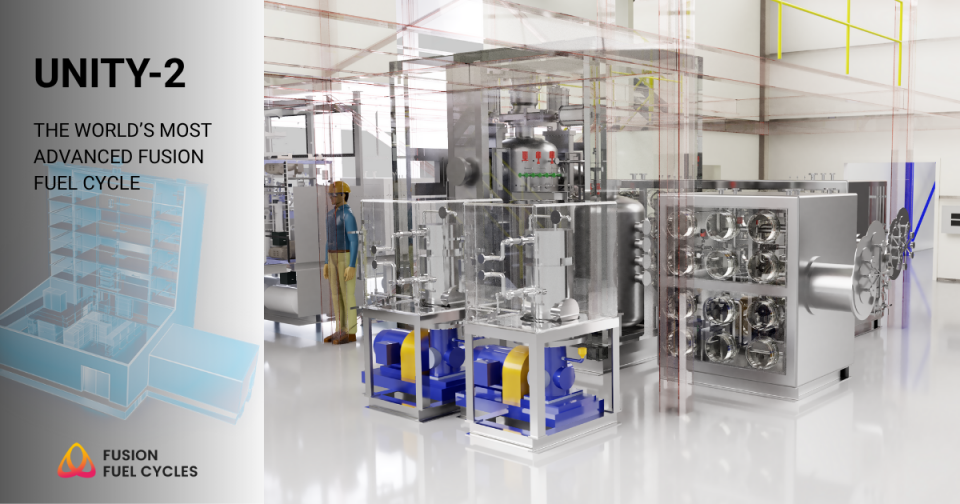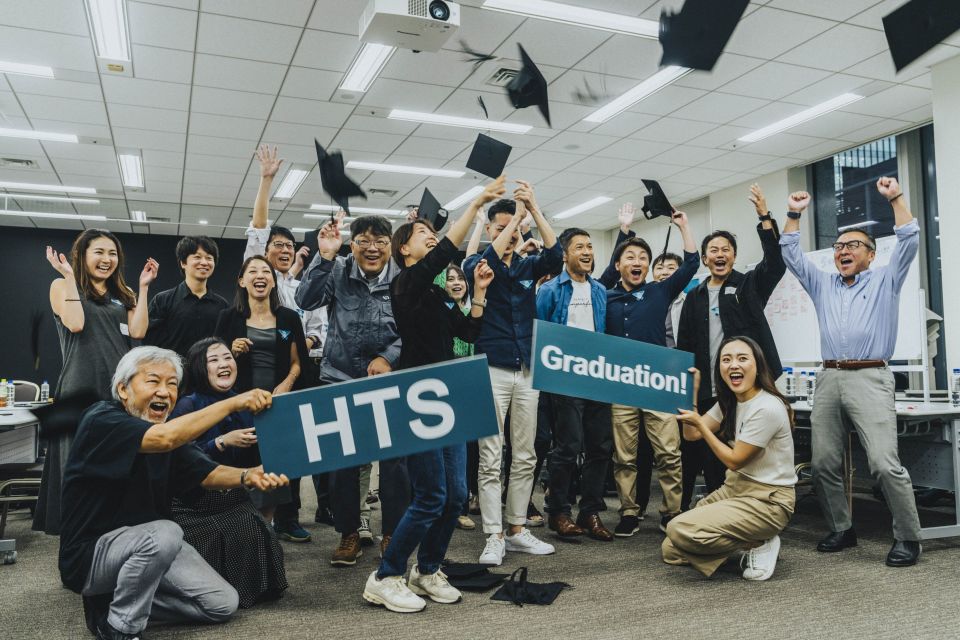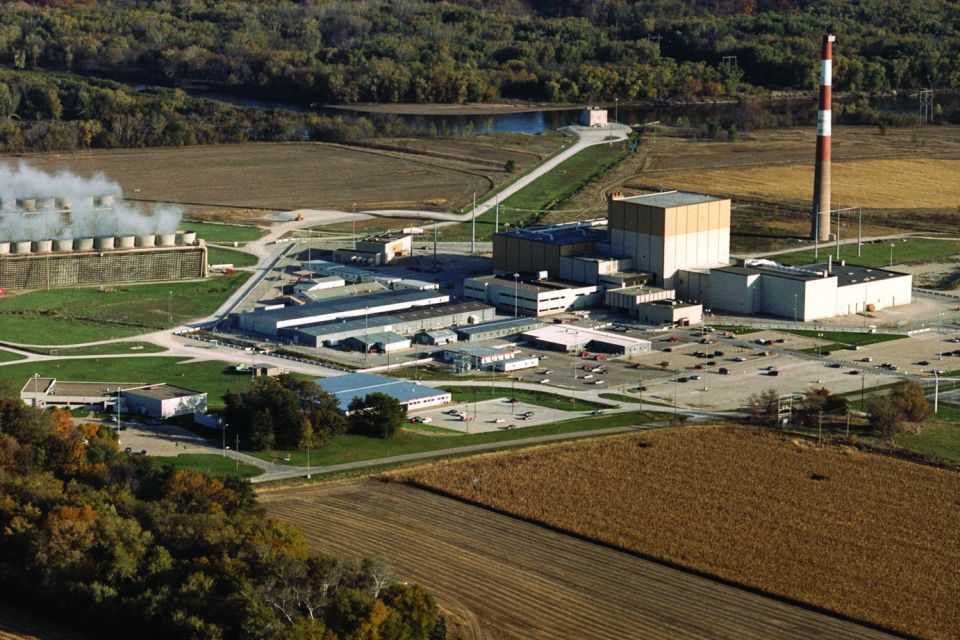By us, for us: Hayes, who is also a computational physicist in the Fusion Energy Division of Oak Ridge National Laboratory, is working on a high-fidelity physics model designed to minimize tungsten contamination in magnetic confinement fusion reactor cores. She helped found CRANE in 2021 and later became board chair when the organization incorporated as a nonprofit. The CRANE program—which is especially targeted toward students from North American community colleges, historically black universities and colleges, and minority-serving institutions—had more than 400 applicants for the class of 2025.
“One of the many mantras in CRANE is that it’s by us, for us,” said Hayes. “Every board member identifies as coming from an underrepresented or marginalized background, whether they are disabled, LGBTQ+, belong to a racial minority, or some combination. . . . We have had students say that they successfully got into graduate school because of the skills that they developed in CRANE.” CRANE gives priority to undergraduate students, but it also welcomes graduate students.
Teaching and mentoring: Hayes is part of a 17-member team from throughout the United States that runs the program. According to the CRANE website, the team comprises “computational physicists and chemists from across the nation who were brought together by a collective passion for teaching and mentorship. Their expertise spans a diverse range of topics, from modeling molecular dynamics to understanding fluid flow in astrophysical plasmas.”
The program teaches students the basics of Python coding and its physics applications, as well as such computational research skills as Bash, Git, GitHub, and LaTeX.
Hayes emphasized that CRANE maintains a supportive environment for participants. “The most common feedback we’ve gotten from students is that not only did CRANE help them build their technical skills, but we helped them do it in a place that felt safe,” she said. “Here, we teach that writing code that doesn’t work is not a failure; it is the first step to writing code that does work.”
Seeking mentors: Hayes said that CRANE is seeking additional mentors because it wants to provide one-on-one professional development to more students. “We’re trying to get more mentors from lots of different institutions to come in,” she said.
Individuals who are interested in becoming CRANE mentors can apply if they are currently in at least their third year of undergraduate physics education. Additional information about CRANE can be found on the organization’s website; further inquiries can be sent to crane@cranephysics.org..
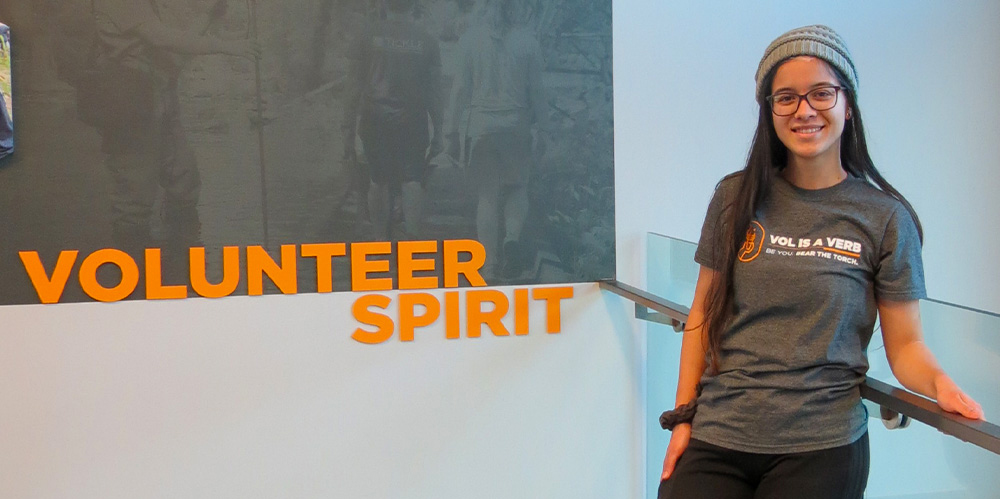

-3 2x1.jpg)


